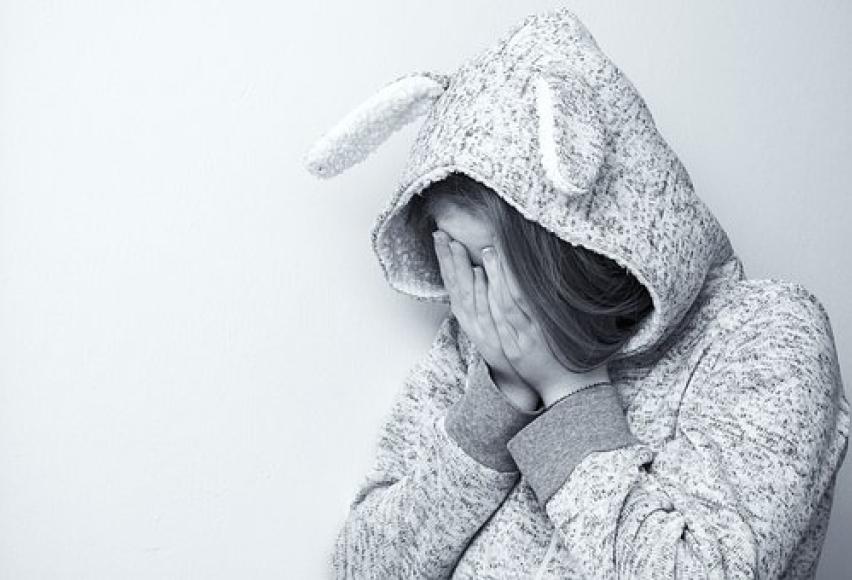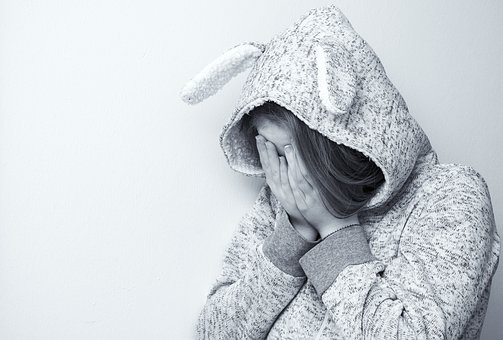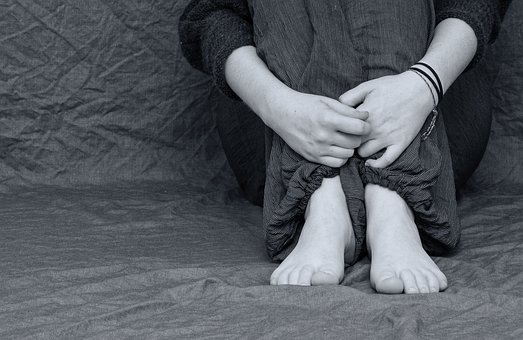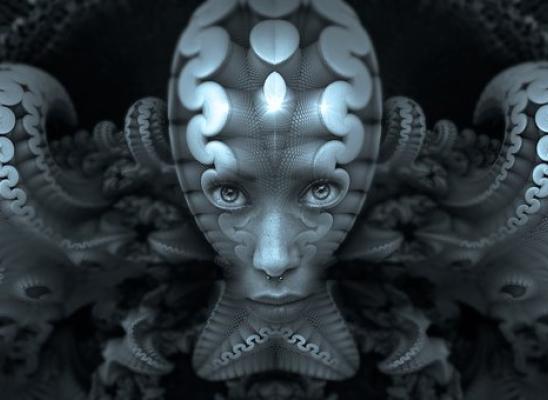New Research: Motivation underlying hair-pulling behavior conceptualized

Online test
Find out the severity of your symptoms with this free online test

There are multiple theories about what contributes to compulsive hair-pulling disorder. The cause remains unknown, however, theories regarding the motivations for the behavior help scientists target research endeavors. One theory at the forefront of research is the reinforcement sensitivity theory. This article will explain the concepts of this theory and how research suggests it applies to trichotillomania.
What is Reinforcement sensitivity theory?
Reinforcement sensitivity theory states hair pulling behaviors are based on two biological behavioral motivation mechanisms. The first is aversive motivation. Behavioral scientists describe aversive motivation as a fear or avoidance of punishment which is managed by the behavioral inhibition system (BIS). Compulsivity results from a desire to avoid something bad which can be a conscious decision, but more often, it is an unconscious behavior. The second is appetitive motivation. The opposite of aversive motivation, it is the drive to seek sensation or reward managed by the behavioral activation system (BAS). Impulsivity results from the desire to make reach the reward. Again, this can be conscious or unconscious behavior.
To summarize, sensitivity to punishment and sensitivity to rewards activate either the behavioral inhibition system or the behavioral activation system. Compulsions become a way to avoid punishment and impulses a way to seek reward. People who struggle with trichotillomania pull hair as a combination of compulsion and impulsivity. Again, the reinforcement sensitivity theory states that some people have a combination of sensitivities to punishment and reward and a recent study sought to determine how those processes are different in people with trich.
The study included 389 people and measured sensitivities in people with trich and people without the diagnosis. Results indicated that those with a trich diagnosis showed significantly increased sensitivity to punishment and reward than those without a diagnosis. Another finding was that depression and anxiety influenced pulling behaviors less than the levels of increased sensitivity.

How does all this relate to personality?
Research indicates that people with a high sensitivity to punishment tend to exhibit passive aggressive personality traits and conflict avoidance in other areas of life. Conversely, those with high sensitivity to rewards will demonstrate impulsivity in other areas of life as well.
Sensitivity to either reward or punishment does not explain all motivations for trich, but this research lends insight into how emotional regulation skills can impact treatment. Emotional regulation training involves increasing awareness of thoughts and feelings in order to manage them better. Sensitivity to reward or punishment is not always a conscious process but rather a product of classical conditioning. Remember Pavlov’s dogs? They learned to salivate through the association of food and the ring of a bell and continued to salivate to the bell without the food.
Significance of the findings to treatment
There is no way of knowing how someone with trich develops sensitivities one way or another, but it helps inform treatment strategies. If someone becomes more aware of a tendency to give in to reward such as those with high sensitivity to it, then the person can make a purposeful decision whether to give in to the impulsivity. Part of classical conditioning is a process called extinction whereby the automatic behaviors go away with an interrupted process. Therein lies the significance of this research.
Reference
Slikbower, R., Nedeljkovic, M., Castle, D. J., & Rossell, S. L. (2018). Motivation underlying hair-pulling behaviour conceptualized by reinforcement sensitivity theory of personality. Journal of Obsessive-Compulsive and Related Disorders, 18, 61-66.
Online test
Find out the severity of your symptoms with this free online test
Start your journey with TrichStop
Take control of your life and find freedom from hair pulling through professional therapy and evidence-based behavioral techniques.
Start Now



